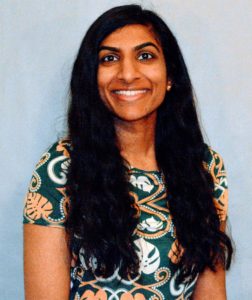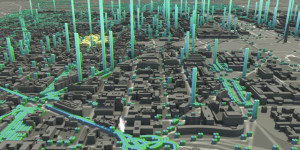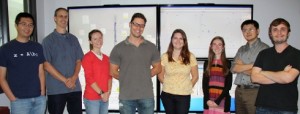Scientists partner on multi-university grant to establish a field of ‘imageomics’

Researchers in three different disciplines at Virginia Tech are partnering in a $15 million grant from the National Science Foundation (NSF) to establish an institute in the new field of “imageomics,” aimed at creating a new frontier of biological information using vast stores of existing image data, such as publicly funded digital collections from national centers, field stations, museums, and individual laboratories.
The goal of the institute is to characterize and discover patterns or biological traits of organisms from images and gain insights into how function follows form in all areas of biology. It will expand public understanding of the rules of life on Earth and how life evolves.
Imageomics is one of five Harnessing the Data Revolution institutes receiving support from the NSF.
Anuj Karpatne, assistant professor in the Department of Computer Science and faculty at the Sanghani Center for Artificial Intelligence and Data Analytics, is serving as one of four co-investigators for the multi-university project led by the Ohio State University. Leanna House, associate professor in the Department of Statistics and faculty at the Sanghani Center, and Josef Uyeda, assistant professor in the Department of Biological Sciences, are designated senior personnel. All three researchers are part of the executive leadership team of the institute and investigators on Virginia Tech’s $1.4 million portion of the grant. Click here to read more about these scientists will apply their expertise to the project.



